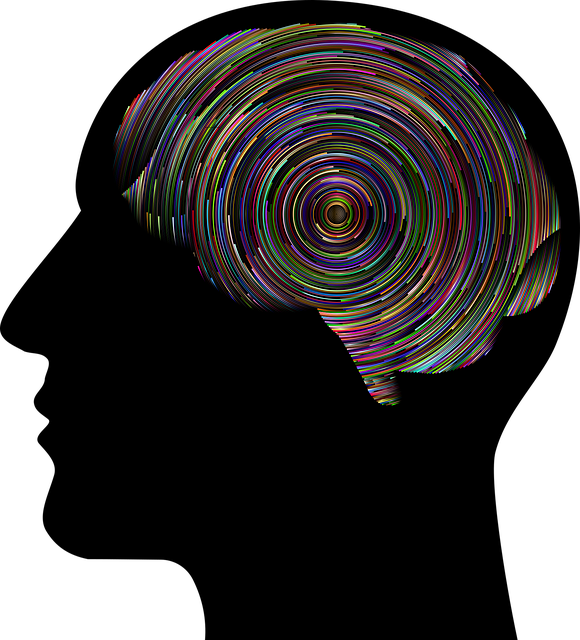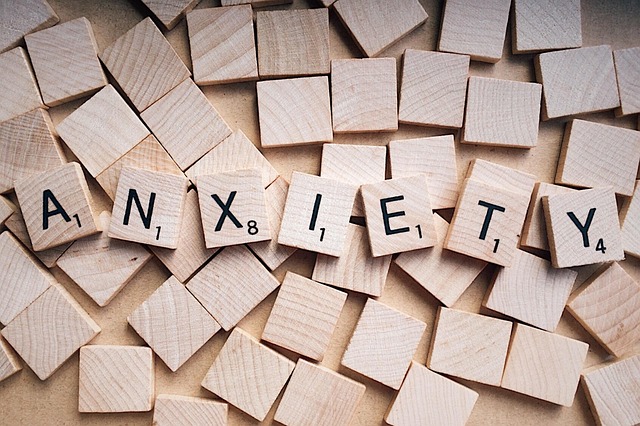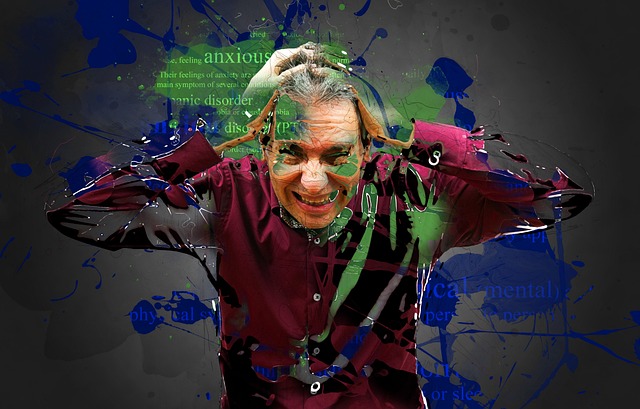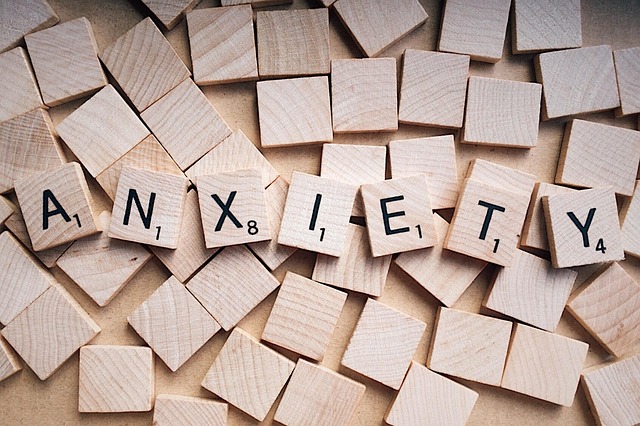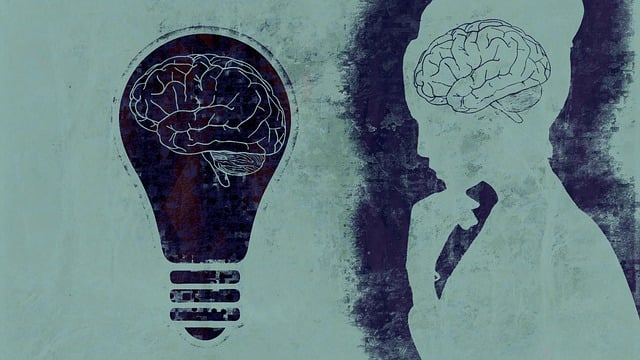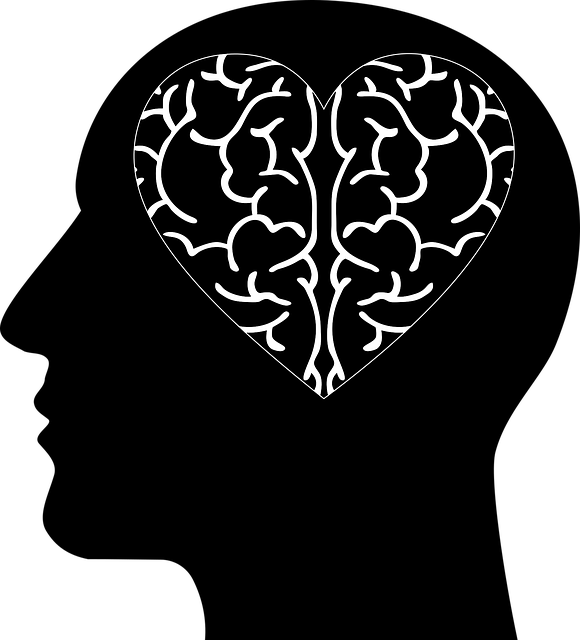Mental wellness programs, focusing on prevention, treatment, and recovery for conditions like PTSD, leverage evidence-based practices such as Golden PTSD Therapy. Evaluation is crucial, employing both qualitative and quantitative methods to assess program effectiveness across diverse populations. Key assessment tools include structured clinical assessments, self-reported surveys, and observational data, with validated measures like the PCL or CIP-TS tracking symptom severity changes over time. Additionally, crisis intervention guidance and empathy building strategies enhance therapeutic relationships and outcomes. Continuous improvement through dynamic feedback loops, incorporating techniques like mindfulness meditation, ensures programs remain aligned with evolving needs, fostering a supportive recovery environment.
“Mental wellness program evaluation is a multifaceted process crucial for understanding and enhancing therapeutic outcomes. This article explores various methods used to assess the effectiveness of mental health interventions, with a specific focus on post-traumatic stress disorder (PTSD) therapy. We delve into golden standard techniques, highlighting metrics and tools essential for measuring success. Additionally, we emphasize continuous improvement through feedback loops, ensuring programs remain refined and tailored to meet the needs of those seeking support, especially in the context of PTSD therapy.”
- Understanding Mental Wellness Programs and Their Evaluation
- Assessing Post-Traumatic Stress Disorder (PTSD) in Therapy
- Golden Standard Techniques for Evaluating Therapy Effectiveness
- Metrics and Tools for Measuring Success in Mental Health Programs
- Continuous Improvement: Using Feedback Loops for Program Refinement
Understanding Mental Wellness Programs and Their Evaluation

Understanding Mental Wellness Programs and Their Evaluation
Mental wellness programs are designed to address various aspects of mental health, including prevention, treatment, and recovery support. These initiatives often incorporate evidence-based practices tailored to specific conditions, such as Golden Post-Traumatic Stress Disorder (PTSD) Therapy, which has shown significant effectiveness in aiding individuals recovering from traumatic experiences. Evaluation methods play a crucial role in understanding the impact and efficacy of these programs. By systematically assessing outcomes, we can identify what works best for different populations and under what circumstances.
This evaluation process involves multiple strategies, from qualitative approaches that capture participants’ subjective experiences and perceptions to quantitative methods that measure changes in symptoms, functioning, and quality of life. Incorporating Public Awareness Campaigns Development and Mental Illness Stigma Reduction Efforts into these evaluations can help gauge the broader societal impact of wellness programs. Additionally, Compassion Cultivation Practices have emerged as valuable tools for enhancing therapeutic outcomes and fostering supportive environments within mental health interventions.
Assessing Post-Traumatic Stress Disorder (PTSD) in Therapy

Assessing Post-Traumatic Stress Disorder (PTSD) in therapy is a specialized process that requires skilled practitioners. It’s considered the golden standard in PTSD treatment to utilize evidence-based approaches like cognitive processing therapy or eye movement desensitization and reprocessing (EMDR). These techniques help individuals process traumatic memories, reducing the symptoms associated with PTSD. Mental health professionals play a crucial role in facilitating this healing process through structured interventions tailored to each client’s unique needs.
Effective risk management planning for mental health professionals is essential when addressing PTSD. This includes ensuring a safe and supportive therapeutic environment, as well as implementing burnout prevention strategies for healthcare providers. Additionally, organizations can facilitate stress management workshops to equip professionals with tools to navigate the emotional demands of working with clients experiencing PTSD.
Golden Standard Techniques for Evaluating Therapy Effectiveness

When evaluating the effectiveness of therapy, particularly for complex conditions like Post-Traumatic Stress Disorder (PTSD), the Golden Standard techniques remain integral. These methods involve a multifaceted approach, encompassing structured clinical assessments, self-reported surveys, and observational data to gain a holistic view of the client’s progress. For instance, with Golden Post-Traumatic Stress Disorder Therapy, professionals utilize validated tools such as the PTSD Checklist (PCL) or Clinical Interview for PTSD (CIP-TS) to measure symptoms’ severity and changes over time.
Additionally, Mental Wellness Coaching Programs Development often leverages Crisis Intervention Guidance techniques to assess acute improvements during therapy sessions. Empathy Building Strategies, a key component of these programs, are evaluated through client feedback, focusing on the therapist’s ability to foster understanding and connection. This dual focus ensures not only symptom reduction but also enhanced therapeutic relationships, pivotal for long-term mental wellness.
Metrics and Tools for Measuring Success in Mental Health Programs

Evaluating the success of mental wellness programs requires a comprehensive approach, encompassing various metrics and tools tailored to specific goals. One key metric is measuring changes in symptoms associated with common mental health disorders, such as depression or anxiety. Standardized assessment tools like validated questionnaires can track these symptoms before and after intervention, providing insights into the program’s effectiveness. For instance, in Golden Post-Traumatic Stress Disorder (PTSD) therapy, the reduction in PTSD symptom severity scores can be a powerful indicator of success.
Additionally, assessing emotional well-being promotion techniques through qualitative surveys or interviews offers valuable feedback from participants. This can include gauging improvements in areas like self-esteem, resilience, and coping mechanisms. Mental health policy analysis and advocacy also play a role; examining program outcomes at a population level helps advocate for evidence-based practices and informs policy decisions related to Stress Reduction Methods. These diverse evaluation methods collectively contribute to understanding the impact of mental wellness programs and guiding their continuous improvement.
Continuous Improvement: Using Feedback Loops for Program Refinement

In the realm of mental wellness program evaluation, continuous improvement is paramount to ensuring effective support for individuals dealing with conditions like Post-Traumatic Stress Disorder (PTSD). One powerful method for refining programs is through feedback loops that facilitate a dynamic and adaptive approach. By collecting regular feedback from participants and healthcare providers, organizations can gain valuable insights into the strengths and weaknesses of their interventions. This data-driven process allows for continuous refinement, ensuring the program remains aligned with the evolving needs of those seeking emotional healing.
For instance, incorporating elements of Mindfulness Meditation within Golden PTSD Therapy has shown promise in enhancing overall mental health awareness and emotional healing processes. The feedback loop can help identify specific meditation techniques or practices that resonate most with participants, leading to adjustments in the program’s design. This iterative process encourages a deeper understanding of what works best for different individuals, fostering an environment where mindfulness becomes an integral part of their recovery journey.
Mental wellness program evaluation is a multifaceted process that leverages various methods, from assessing post-traumatic stress disorder (PTSD) to employing golden standard techniques and metrics. By continuously refining programs through feedback loops, professionals can ensure optimal outcomes for participants, particularly in PTSD therapy. This comprehensive approach not only enhances the effectiveness of mental health interventions but also fosters a more supportive and effective environment for all involved.
